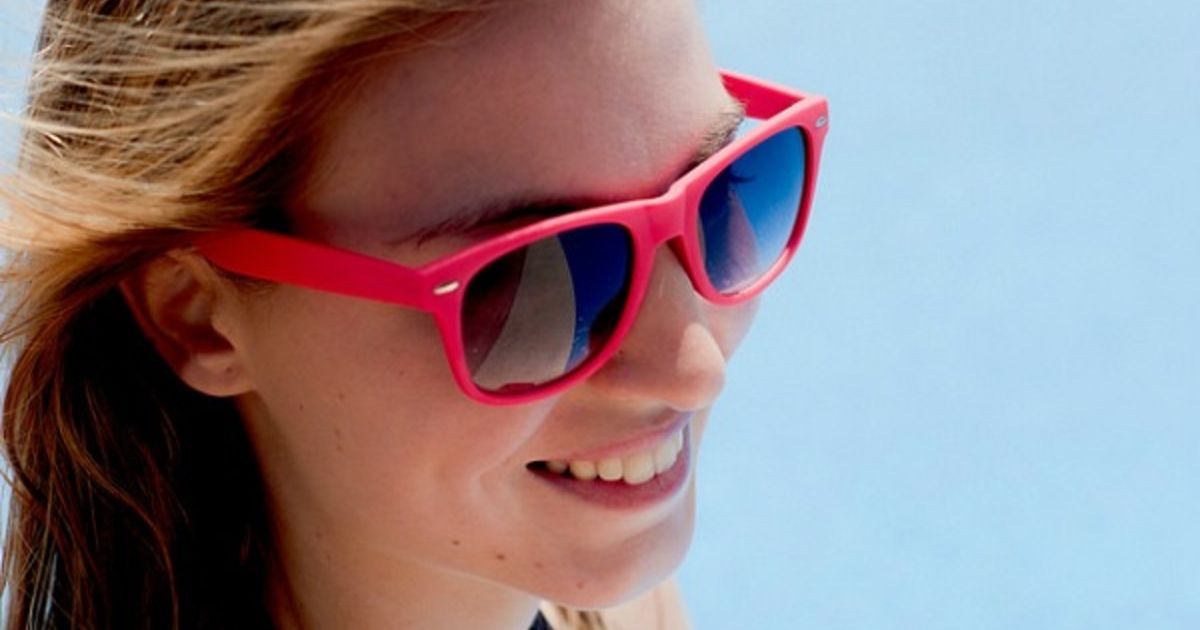Guide To The Causes And Risk Factors For Cold Sores
Immune System Changes

By now, everyone is well aware any kind of compromise to the immune system will result in an environment more nurturing to cold sores. Because of this, it's a good idea for everyone to make sure they're taking extra precautions whenever they feel a cold or fever coming on. For example, they'll want to be especially germ-conscious, keep up-to-date on flu vaccinations, allow plenty of downtime and rest for their body to heal and recover, and maintain a diet full of vitamins A, C, and E. Everyone should also consider stopping smoking, as long-term smoking causes the immune system's response time to slow down, which is the perfect breeding ground for a cold sore outbreak.
Read about more causes and risk factors linked to cold sores now.
Sunlight And Wind

Sunlight and wind can both increase an individual's chance of a cold sore outbreak if they're already prone to the condition. Basic exposure to sunlight won't typically trigger an outbreak unless an individual is extremely sun-sensitive. However, if individuals become overexposed to the sun's rays, they might suffer damage from ultraviolet light. UV damage, like other damage and injuries, has the potential to trigger virus activity in the body. Sunlight can help skin synthesize vitamin D when individuals are exposed in safe doses, but many forget how quickly direct rays can become damaging. That's especially true if individuals don't wear adequate sunscreen. Individuals might suffer sun damage on their lips if they don't use a medicated lip balm with SPF. Everyone should be aware the reflection from the water at the pool, lake, or beach can double their UV exposure and make them burn much more quickly. In addition to triggering outbreaks, this can lead to skin cancer.
Read more about risk factors for developing cold sores now.
